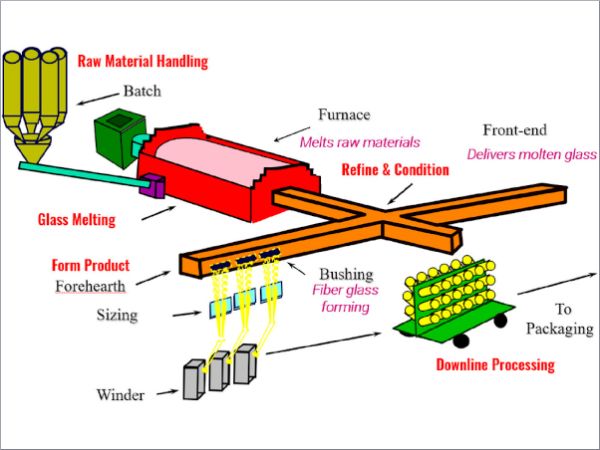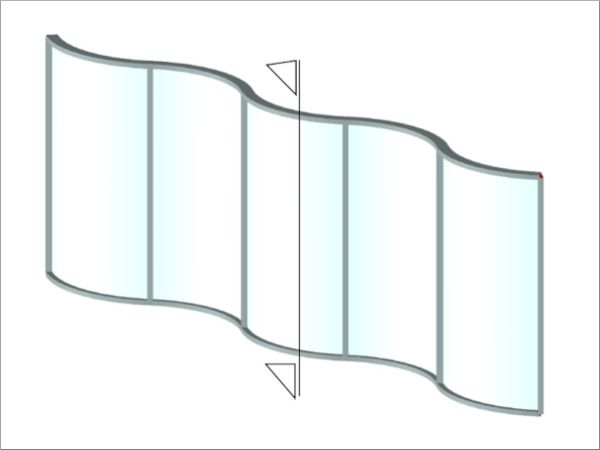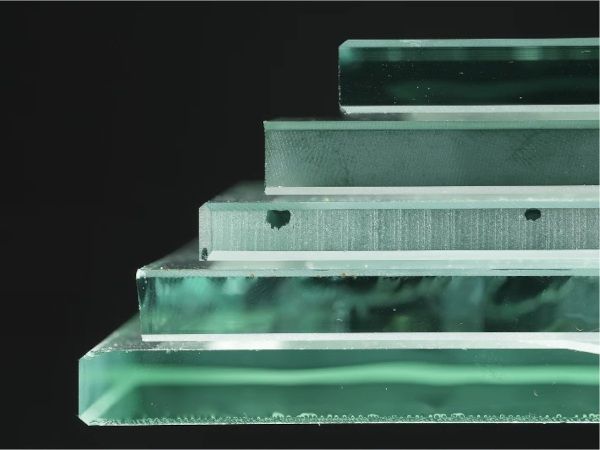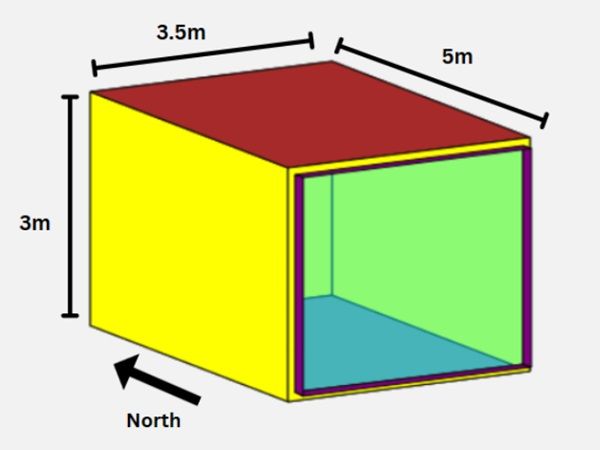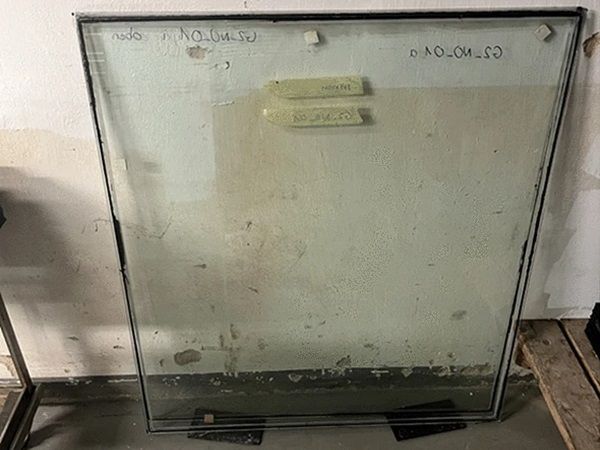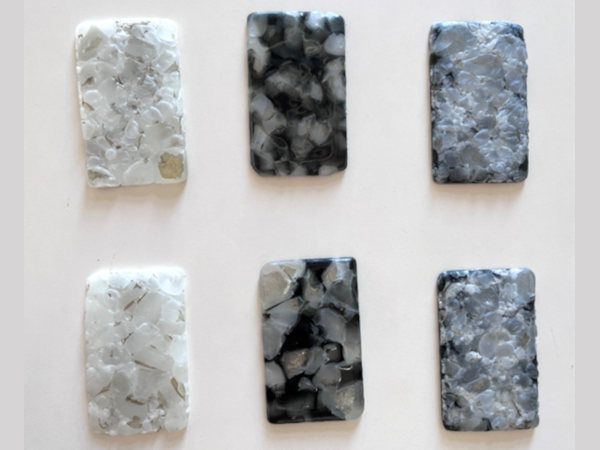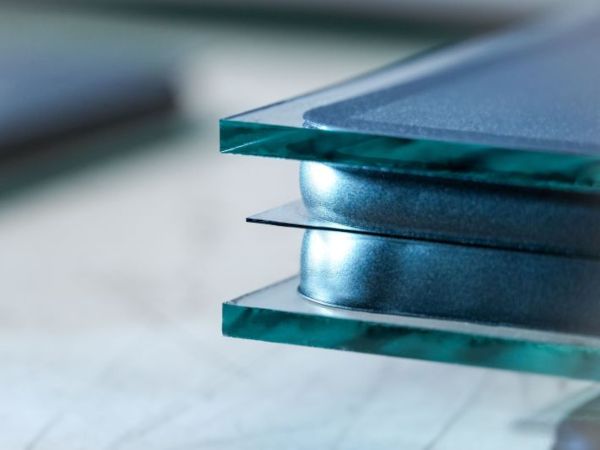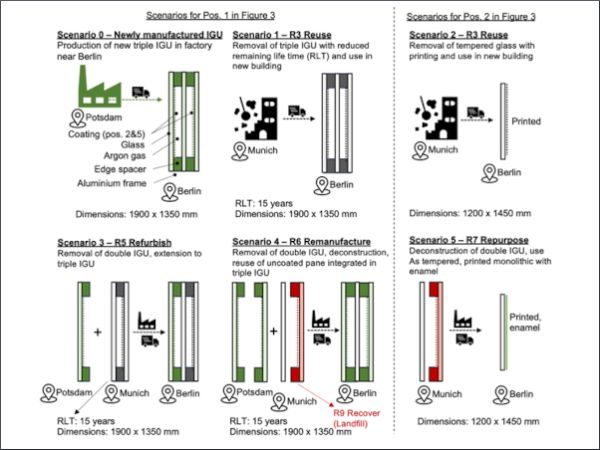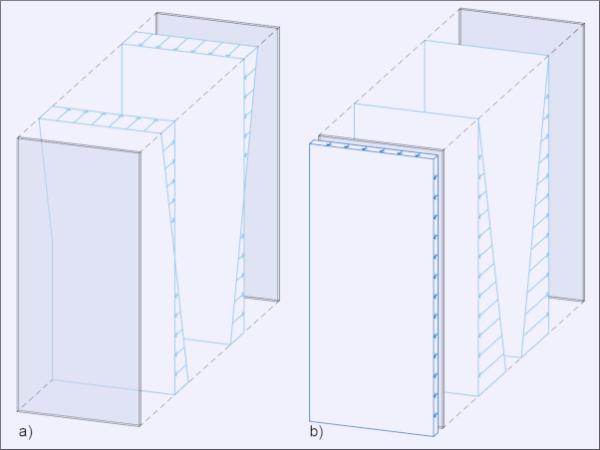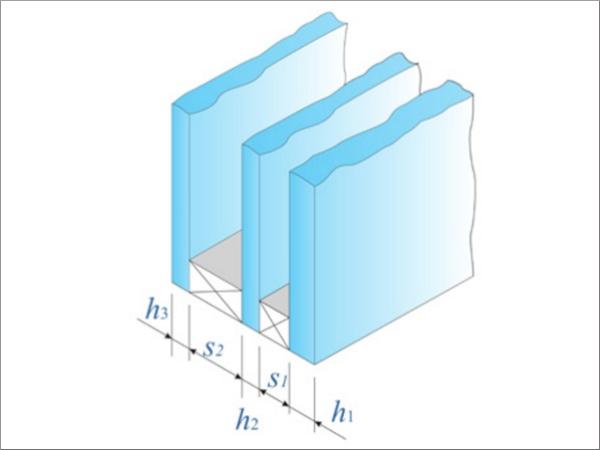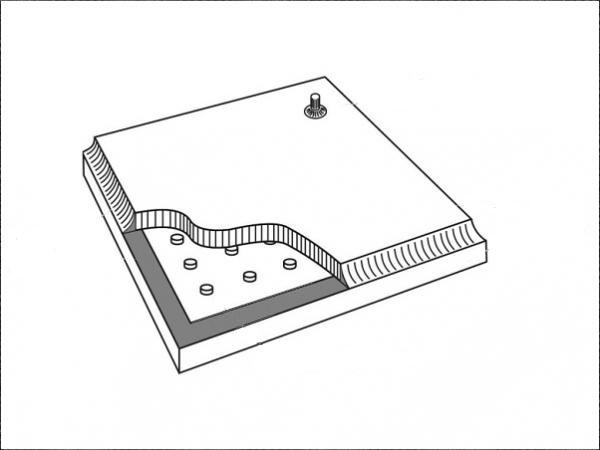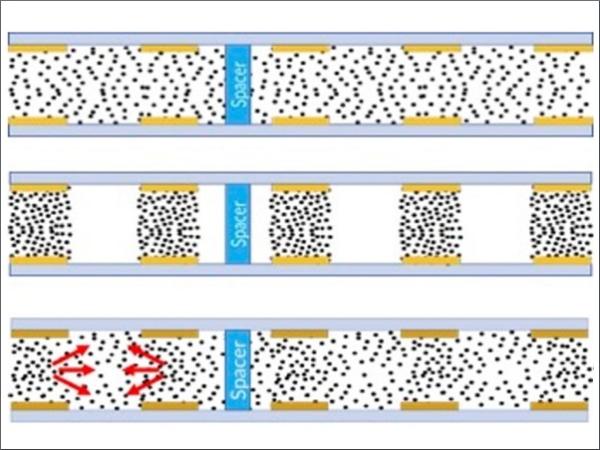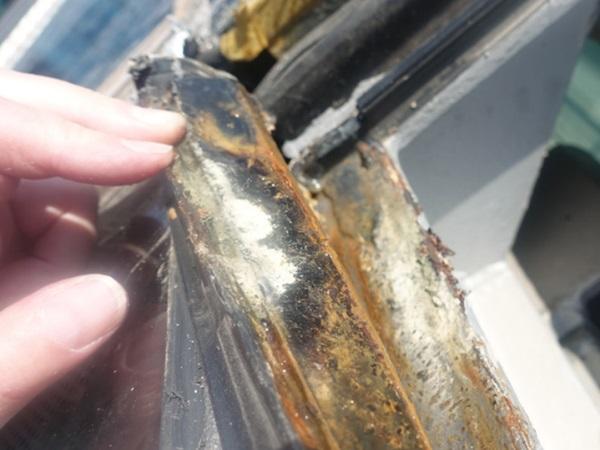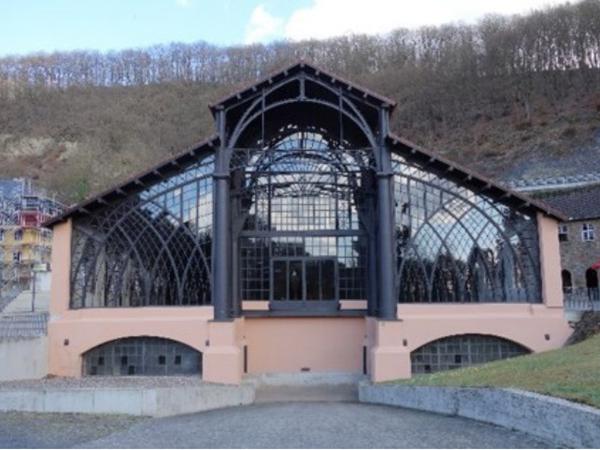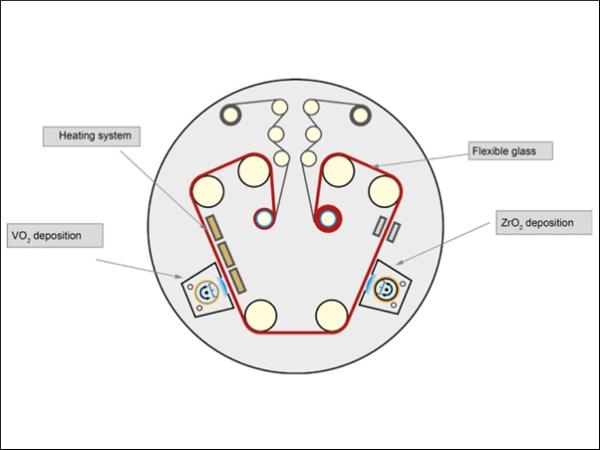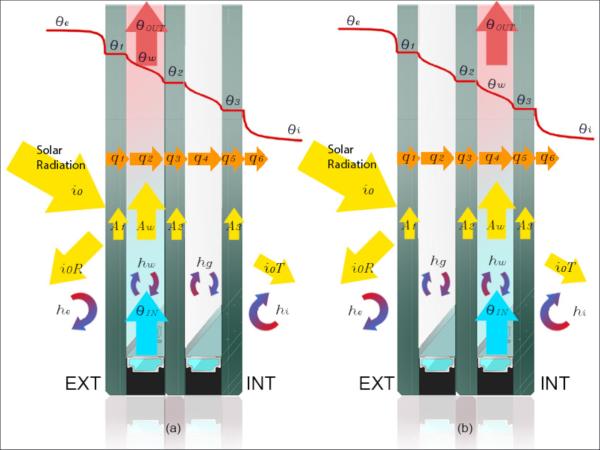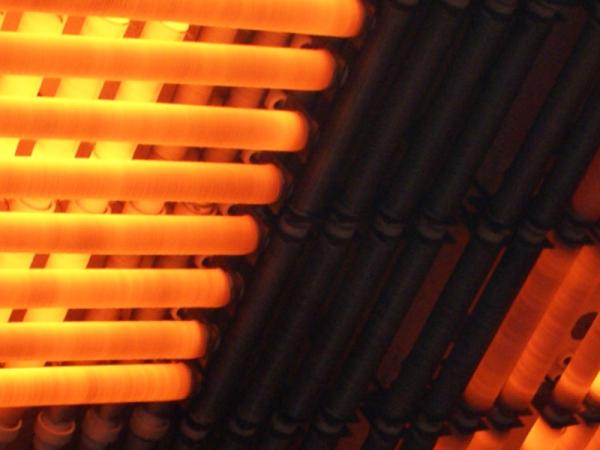Others also read
| There are ways to reduce the energy consumption and emissions of glass melting, such as recycling glass, using oxy-fuel burners, improving furnace insulation and design, and adopting electric melting technologies.
| This paper is a discussion about concepts to minimize the glass thickness as much as possible for a usage of thin glass for insulated glass.
| Modern tempering technologies offer impressive energy efficiencies for glass processors. But, have you ever come across energy-saving claims that seem too good to be true?
| In this paper, the behaviour of various Insulating Glass Units (IGUs) is examined under the influence of quasi-static uniform wind pressure and weather actions.
| The organic design and seamlessly reflective surface of “The Henderson” establish it as a landmark in Hong Kong. With its all-glass façade and a height of 210 m, the skyscraper designed by Zaha Hadid Architects offers spectacular panoramic views.
| This paper aims to quantify the savings achieved through the ERM of secondary layer addition to existing glazed facades, for a high WWR office building in cooling and heating dominated climate locations.
| This paper deals with the question of how old insulating glass units can be re manufactured to match the state of the art in terms of the energy efficiency.
| This research examines the viability of recycling soda lime glass from post-consumer Insulated Glass Units (IGU), mixing various types of architectural glass cullet and fusing them into flat plates by using electric kilns.
| In this latest Glastory blog, Uwe Risle explains why thin triple IG units are gaining popularity and what the key differences are between thin triple IGUs and other insulating glass types.
| In order to minimize the environmental impact of glass by preserving the embodied carbon and substituting newly produced glasses, the reuse of glass is considered to be of the highest potential.
| This paper is concerned with the design of a load-bearing adhesive joint for use in a fluid-filled insulating glass unit.
| The BAM approach is here validated by means of comparison with numerical results obtained with MEPLA-ISO software.
| Vacuum insulated glazing (VIG) is a glass structure where two glass panes are connected by a hermetic seal over their perimeter, with a vacuum gap between the panes.
| The main benefits from dynamic glass relate to visual light comfort, light control and spectral modulation, privacy modulation and the most critical nowadays energy savings.
| Wide-span glass roofs are becoming increasingly popular as they provide transparent roofing for atriums or entrance areas. Most often, IGU`s (Insulating glass units) are used.
| The present work presents the investigation of historical glass and glass constructions in a suburb of Dresden.
| This paper seeks to understand the outstanding questions around the potential carbon consequences and benefits of using insulating glass units (IGU) in facades.
| The authors present results achieved in a roll-to-roll deposition process of vanadium oxide on flexible glass of 0.1 mm thickness.
| Read about Uwe Risle's presentation at Glass Performance Days 2023, "Thermoplastic spacer (TPS) - process requirements for optimal application"
Unlocking energy efficiency potential: vacuum-insulated glazing for sustainable buildings - Glastory
| Read more about Antti Aronen's presentation at Glass Performance Days (GPD) 2023, "An enhanced model of thermomechanical loading on a Vacuum Insulated Glazing".
| The main objective of this paper was to assess the performance of a new WFG-unitized facade as a high-performance envelope with dynamic thermal properties.
| In this article, Mika gives our readers some expert advice on improving energy efficiency in safety glass manufacturing.
| In the latest Glastory blog post, Antti Aronen introduces how the complexity of automotive windshields and sunroofs has significantly increased with evolving modern car designs.
| This study explored the prospect of reusing post-consumer architectural flat glass panes for remanufacturing in insulating glass units.

